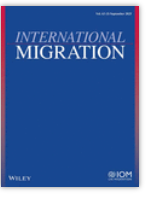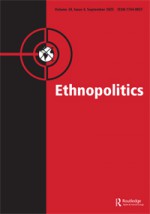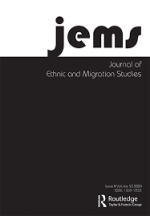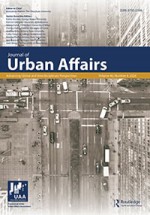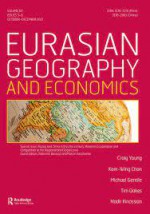At the Crossroads between Care and Control: A Cross-Country Comparison of Assisted Return
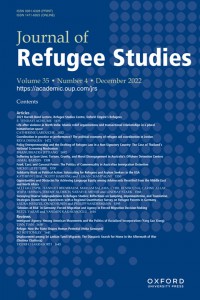
Assisted return (AR) is a widespread policy tool offering financial support and counselling to returning migrants. Policymakers present it as a durable solution vis-à-vis undocumented migrants and rejected asylum seekers. However, AR has been proven to display the concurrence of care and control typical of contested humanitarianism. This concurrence takes different shapes across nation states. Our paper looks at how Sweden, Finland, the UK, Italy, Spain, and Portugal concretely configure care and control in their AR programmes, by focusing particularly on accessibility criteria, the landscape of the actors implementing the measure and their main implementation strategies. We finally find that the care and control balance of a particular layer within the AR national system can hardly be appreciated without considering the (lack of) life opportunities available to the potential beneficiaries of the measure, both within the confines and outside of it. Therefore, our comparative research ultimately conveys that what we call the intrinsic humanitarianism of AR—or its internal care-control balance—can give insight into the durability of the measure only when associated with what we term the extrinsic humanitarianism of AR—namely its broader relationship with forced return. In order words, AR ultimately appears migration control in disguise if it is not coupled with the enlargement of dignified life chances for migrants.

